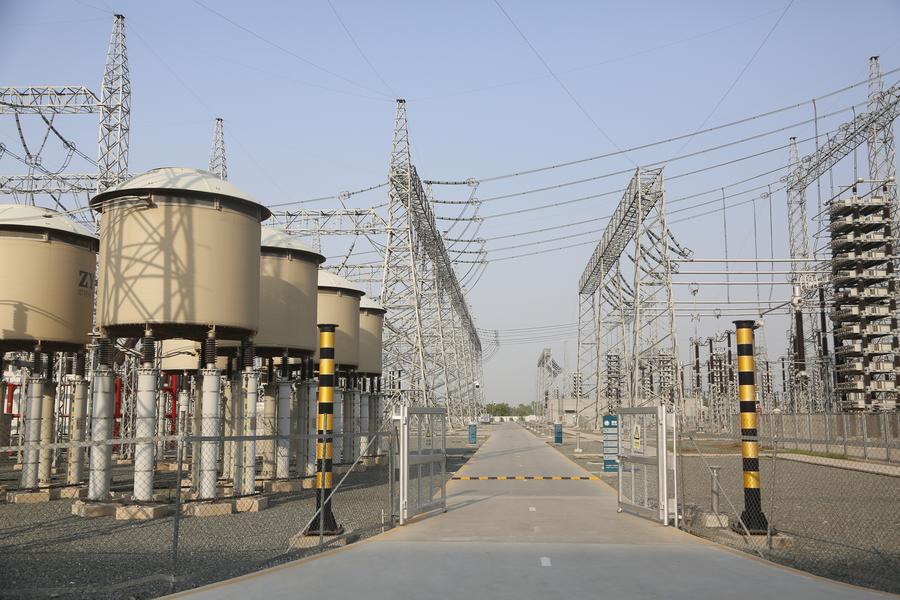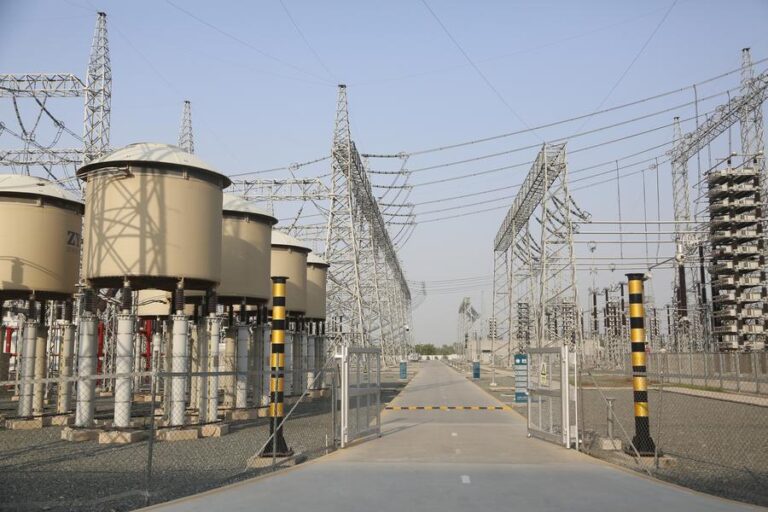
The construction of the green China-Pakistan Economic Corridor demonstrates China’s vision of aligning development with environment-friendly efforts, a Pakistani environmental activist said.
Ali Jaswal
ISLAMABAD, May 28 (Xinhua) — Pakistani environmentalists said the construction of a green China-Pakistan Economic Corridor (CPEC) demonstrates China’s vision of aligning development with environment-friendly efforts.
China’s Belt and Road Initiative envisages green development and similarly its flagship project CPEC follows the same methodology, Zainab Naeem, head of ecological sustainability and circular economy at the Islamabad-based think tank Sustainable Development Policy Institute, told Xinhua in a recent interview.
“I think CPEC is one of those aspects where we are looking to align with China’s vision and of course learn from China. Both governments are now on the same page in terms of developing renewable energy projects and investing in environmentally friendly initiatives,” she said.
Launched in 2013, CPEC is a corridor linking the port of Gwadar in Pakistan’s southwestern Balochistan province with Kashgar in China’s northwestern Xinjiang Uyghur Autonomous Region. The first phase focused on energy, transport and industrial cooperation, and the second phase will expand to areas such as agriculture and livelihoods.
Besides that, Pakistan could also learn from China’s new green development plan and other initiatives, Naeem said, adding that China believes humans and nature can coexist in harmony and that is why it is prioritizing environmental protection and conservation as part of its new development strategy.
Ecological care and environmental protection are key to human development, and China is placing greater emphasis on improving people’s living standards and providing a favorable environment, environmentalists said.
“Therefore, under its new development strategy, China has introduced various initiatives with an improved governance structure, where the government takes the lead and the private sector is responsible for reporting data and managing emissions,” she said.
Naeem added that China has launched the ecological redline system to protect not only already designated protected areas but also new ecological parameters that could enhance environmental health.
“I believe this initiative can be something other countries can learn from in terms of making cities climate-safe,” the environmental activist said.■

